Content by Curtis Braun

How to Make a Safe Nut Butter
During the last few years the popularity of plant-based butters has increased considerably. These plant-based nut butters have proven to be good sources of protein, fiber, essential fatty acids and other nutrients and may include soy butter, almond butter, pistachio butter, cashew butter, sesame butter, and so on.
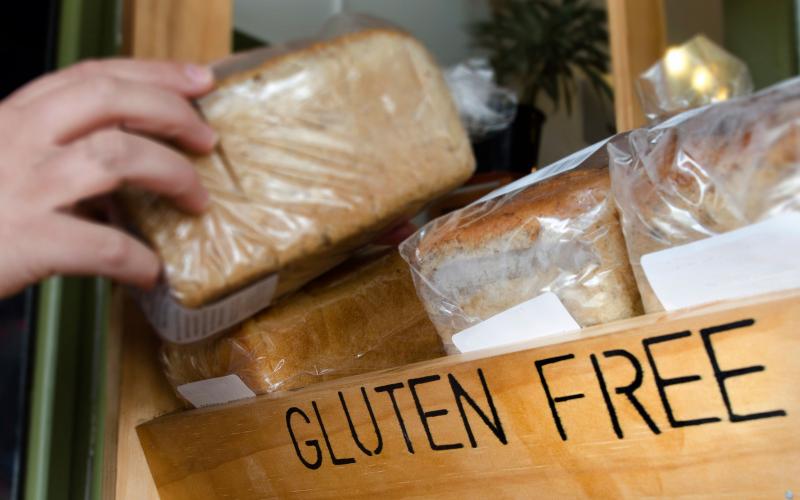
Gluten Free Product Claim Guidance
While “gluten-free” is a voluntary claim that manufacturers may choose to use in the labeling of their foods, FDA’s gluten-free food labeling rule specifies what the claim actually means on a food label.
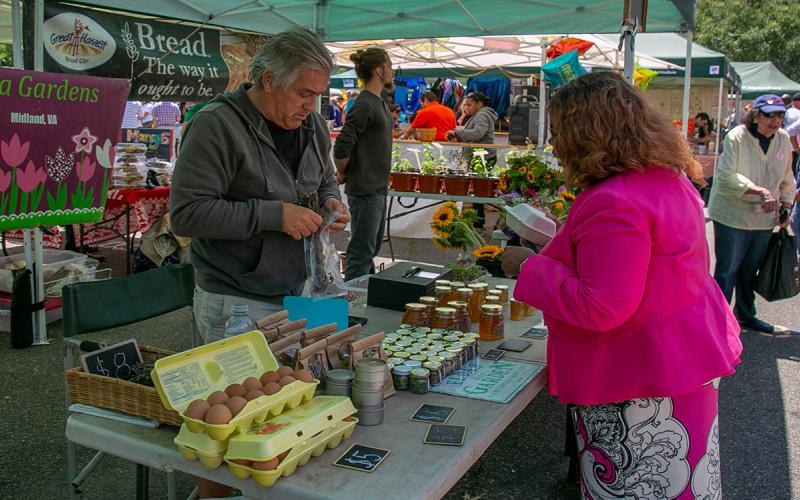
Food Safety for South Dakota Farmers Market Vendors: Regulations and Best Practices
Farmers markets are a valuable sales outlet for farmers and food entrepreneurs alike. Learn some essential rules, regulations, and best practices for processing, handling, and selling a variety of common food items at South Dakota farmers markets.
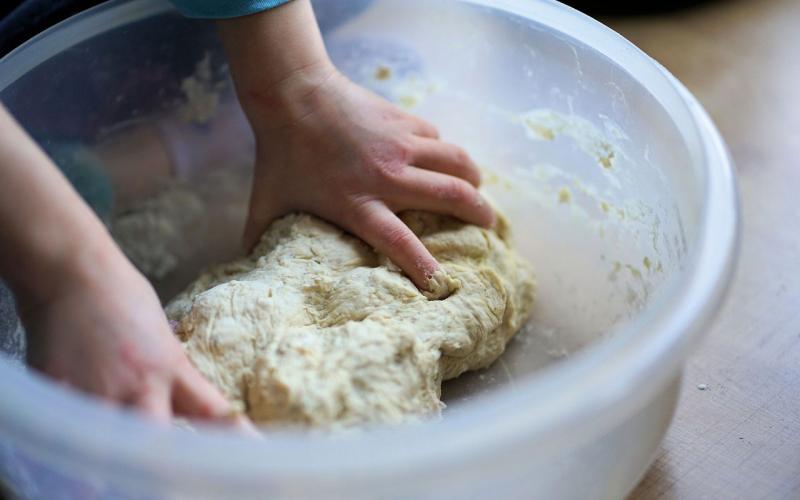
Hydrated Doughs and Batters: How to Safely Handle Food Safety Risks
Making dough and batter is one of the intermediary steps on your way to enjoying great foods, such as scones, cookies, cakes, donuts, pies and more. This article will help you understand the food safety risks associated with food types that have a hydrated batter.
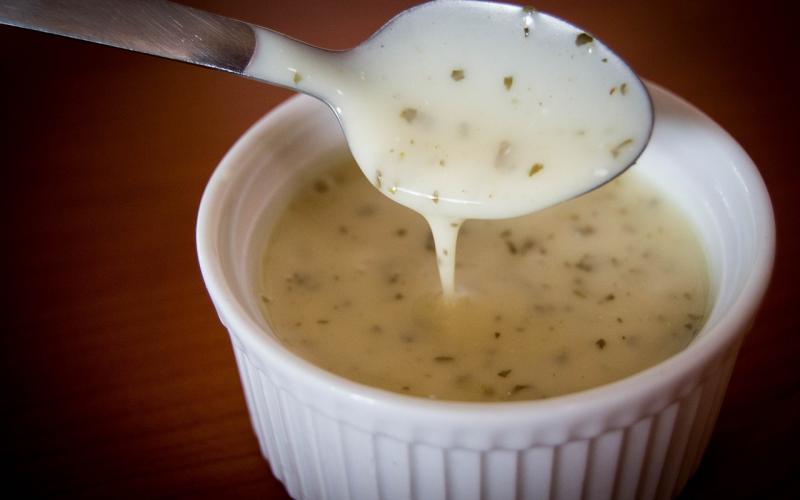
Making a Safe Salad Dressing
Have you ever wondered whether a homemade salad dressing is safe when you’re eating it at your local picnic, potluck dinner, or at a family get together? In this article, we will explore what food safety characteristics need to be addressed to ensure that a salad dressing is made safely.

Selling Juice in South Dakota
Understanding the regulations for selling juice in the state of South Dakota can be difficult to navigate. This article was developed to address some of the questions around juice at retail as well as selling juice at a Farmer’s Market and to also ensure that seller’s may be well informed to ensure they are selling juice that meets regulatory requirements as well ensuring the product is safe.
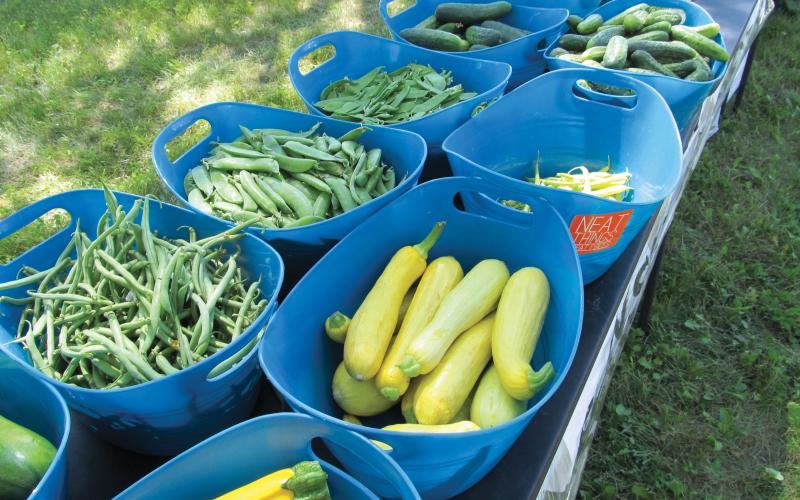
Food and Product Regulations for the Farmers Market
Food safety regulations can come from the federal, state or local government. This article provides information on numerous regulatory topics as they apply to vendors and market managers involved with farmers markets.
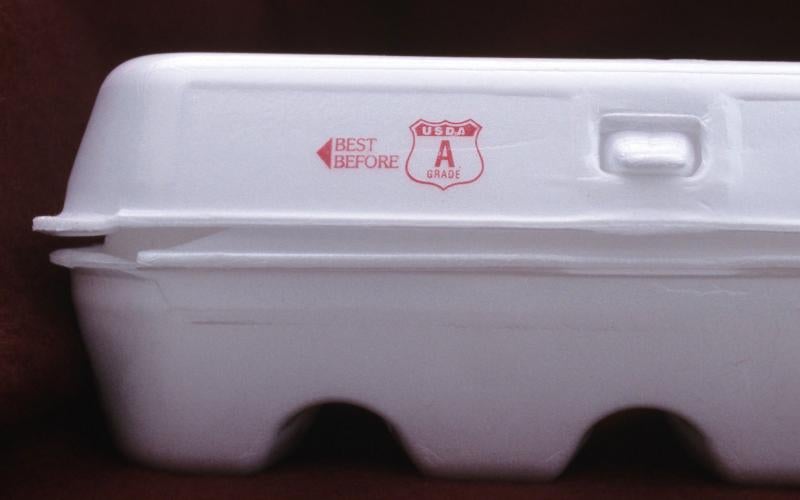
Selling and Distributing Eggs in South Dakota
If planning to sell eggs in the state of South Dakota, an egg dealer license must be obtained annually. The application for this license can be found and printed from the South Dakota Department of Agriculture’s Form Finder website.

Guidelines for Serving Samples at the Farmers Market
One way to increase sales at the farmers market is to offer samples. Vendors need to plan ahead to make sure they are in compliance with sampling regulations.
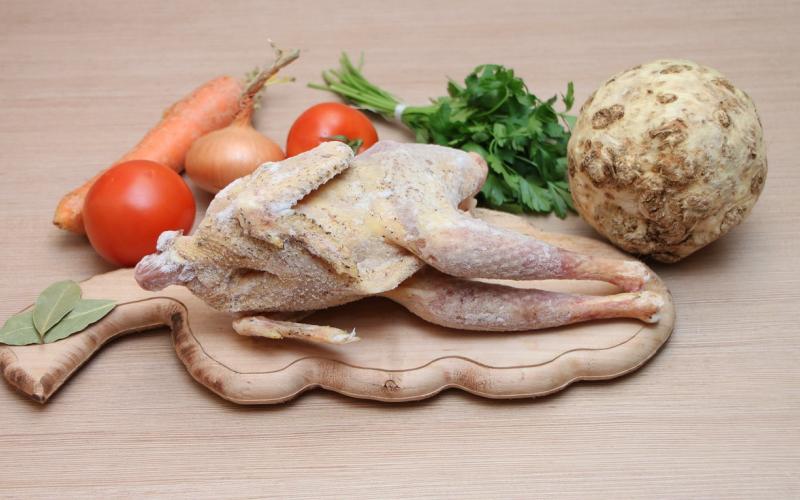
Selling Poultry at a Farmers Market in South Dakota
Poultry exemptions can be difficult to interpret. This article was developed to address some of the questions small growers may have regarding poultry exemptions for selling at the farmers market in South Dakota.